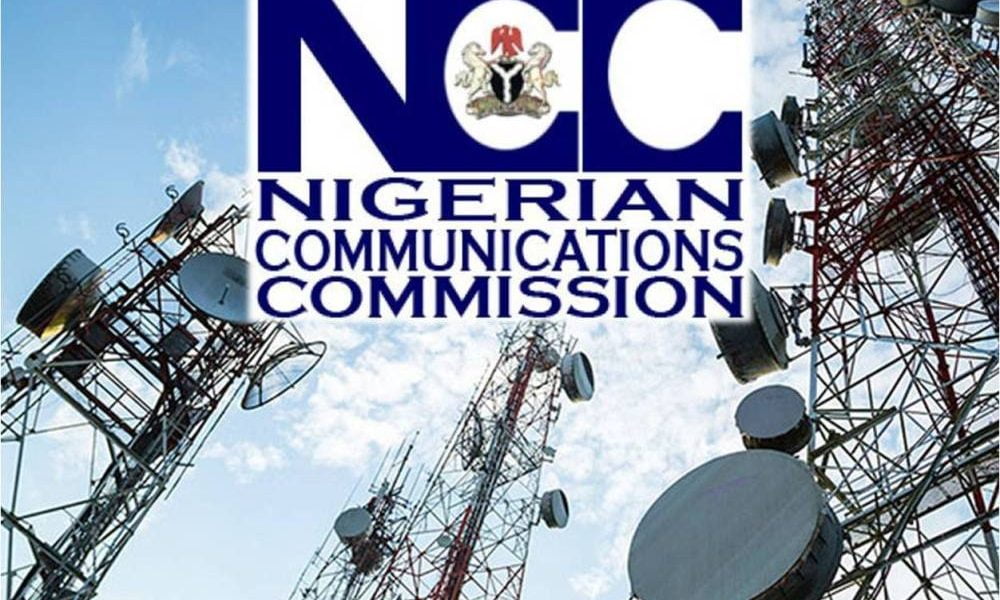
Data from the Nigerian Communications Commission portal has revealed the number of Nigerians with access to fast Internet has increased by 108.39% in four years.
Broadband penetration is said to increase from 38.72 million (20.28%) in March 2018 to 80.68 million (42.27%) in March 2022 and it’s measured by the number of broadband subscribers per 100 inhabitants.
According to the ‘Nigerian National Broadband Plan (2020 – 2025),’ broadband commonly refers to as high-speed Internet connection.
In the broadband plan document, President Muhammadu Buhari said: “I am told that every 10 per cent increase in broadband penetration results in about 2.6 per cent to 3.8 per cent growth in GDP.”
The data for the NCC’s portal, also revealed that the contribution of the telecoms industry to GDP increased from 9.19 per cent in Q1 2018 to 12.61 per cent in Q4 2021.
The broadband plan aims to reach 90% of the population, with speeds of 25 Mbps in urban regions and 10 Mbps in rural areas.
The report reads: “Rapid rollout of broadband services will address various socio-economic challenges faced by the country, including the need to grow its economy, create jobs, rapidly expand the tax base, and improve digital literacy and educational standards.
“This will also address identity management and security challenges through the effective use of technology, increase financial inclusion and deliver a broad range of services to its people to improve the quality of life and work towards the attainment of Social Development Goals set by the UN for 2030.
“4G LTE network was needed to achieve the kind of download speeds Nigerians need. However, 4G coverage is available to 37 per cent of the population, and download speeds in the country are noted to be generally uncompetitive with other countries in the same income bracket.”
This article was originally published on Nigeria News


